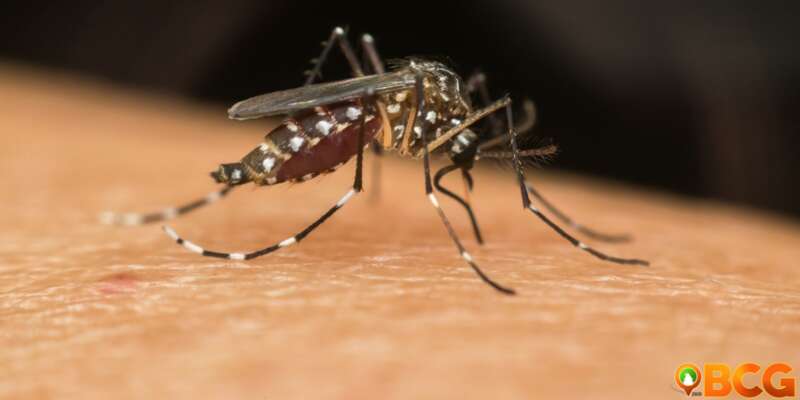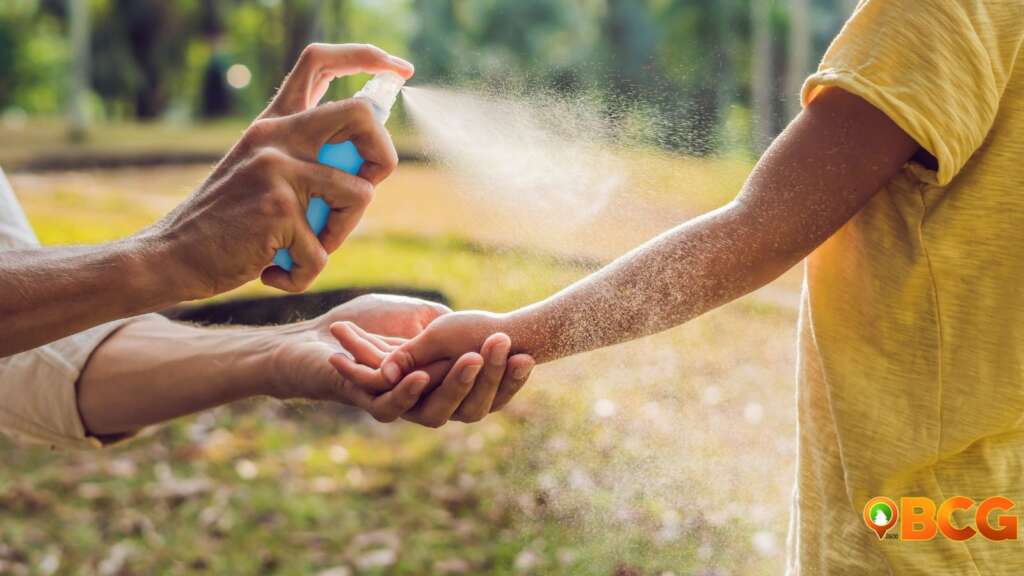Defeating Dengue Fever: Strategies for Prevention and Boosting Immunity
Dengue fever is a mosquito-borne viral infection causing a severe flu-like illness and sometimes leading to a potentially lethal complication called severe dengue. The dengue virus is transmitted to humans through the bites of infected female mosquitoes primarily of the species Aedes aegypti. These mosquitoes are prevalent in tropical and subtropical climates, and their population increases during the rainy season, thereby leading to a rise in dengue fever cases. The correlation between the rainy season and dengue fever is due to the fact that these mosquitoes breed in standing water, which is more readily available during periods of heavy rainfall.
Symptoms of Dengue Fever
Symptoms of dengue fever typically start between four to seven days after the initial infection. These may vary from mild to severe and include:
1. High fever
2. Severe headaches
3. Pain behind the eyes
4. Severe joint and muscle pain
5. Fatigue
6. Nausea
7. Vomiting
8. Skin rash
9. Mild bleeding (such a nose bleed, bleeding gums, or easy bruising)
10. In severe cases, symptoms may progress to include abdominal pain, persistent vomiting, rapid breathing, bleeding gums, fatigue, and blood in vomit.
How Dengue is Acquired
Dengue is acquired from the bite of an infected Aedes aegypti mosquito. Humans become the main carriers and multipliers of the virus, serving as a source of the virus for uninfected mosquitoes. The virus circulates in the blood of an infected person for 2-7 days, during which it can be acquired by a mosquito during a blood meal.
Dengue Cases in Baguio City
In Baguio City, the City Health Services Office continues to monitor dengue cases. The city has recorded 306 cases of dengue this year (based on available online data). The city uses a time series study and mathematical modeling to determine the clustered barangays or areas that may experience dengue transmission, implementing necessary prevention and control measures accordingly..
Dengue Fever Prevention Measures
The best preventive measure for residents living in areas infested with Aedes aegypti is to eliminate the places where the mosquito lays her eggs. For personal protection, the World Health Organization recommends:
1. Wearing clothing (preferably light-colored) that covers as much of the body as possible.
2. Using physical barriers such as screens, closed doors, and windows.
3. Sleeping under mosquito nets, especially during the day, when Aedes mosquitoes are most active.
4. Applying insect repellent to exposed skin and clothing, preferably those containing DEET (diethyltoluamide) or IR 3535 or Icaridin.
Nutritional Measures to Bolster Immunity
Diet and nutrition play a crucial role in boosting your immune system and can help prevent dengue fever. Here are some foods and nutrients that can aid in maintaining a robust immune response:
1. Vitamin C: Citrus fruits like oranges, lemons, grapefruits, strawberries, bell peppers, and spinach are high in vitamin C.
2. Vitamin E: Foods rich in vitamin E include nuts, seeds, and spinach.
3. Zinc: Foods like beans, seeds, nuts, meat, poultry, seafood, and whole grain cereals are high in zinc.
4. Protein: Both animal and plant-based sources such as meat, dairy, beans, and lentils provide protein.
5. Hydration: Keeping hydrated is essential in managing dengue fever.
While these dietary strategies can help strengthen your immune system, they are not a cure for dengue fever. If you suspect that you have dengue, seek medical attention immediately.
Dengue fever is a serious disease that can lead to severe complications and even death if not adequately managed. By understanding how the disease is contracted, recognizing the symptoms, and implementing preventative measures, we can protect ourselves and our communities from this disease. In areas like Baguio City, where dengue fever is a concern, public health efforts focus on prevention and monitoring to keep the community safe.

















